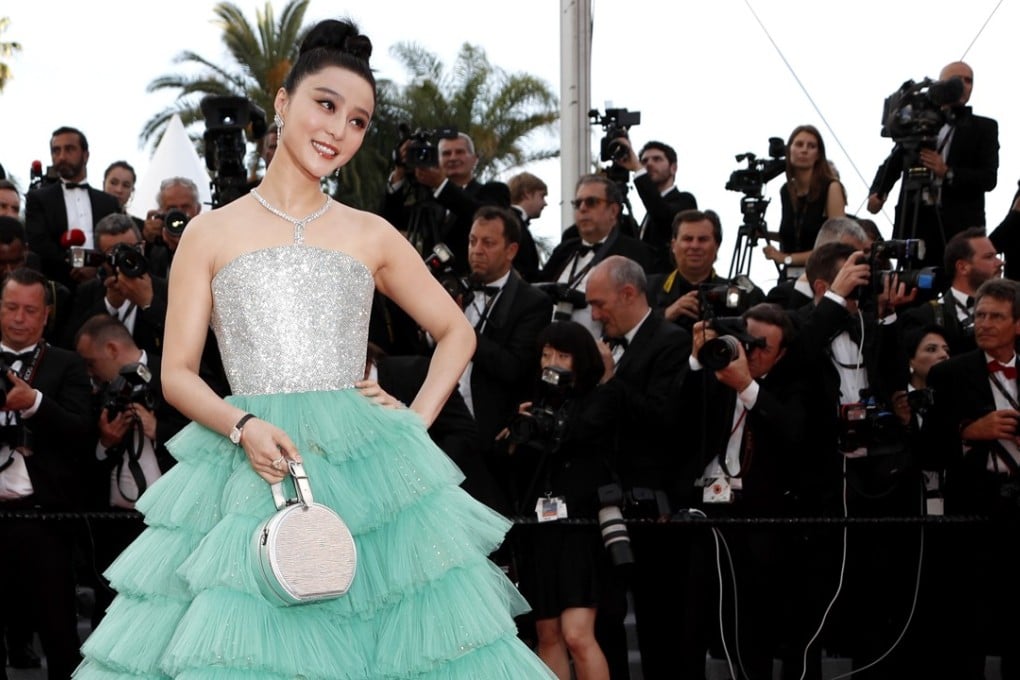Advertisement
The View | Fan Bingbing’s fall from grace turns the spotlight on the far-reaching yin-yang economy in China
Mimi Zou says separate contracts for official use and for execution by private parties are common in the construction industry and property transactions, and are even legitimised by the courts
Reading Time:3 minutes
Why you can trust SCMP
0

When Fan Bingbing “disappeared” in July, there was much speculation about what had happened to China’s highest-paid actress. She returned to the spotlight last Wednesday when Chinese authorities announced that she has been ordered to pay nearly 884 million yuan (US$129 million) in unpaid taxes, fines, and penalties for tax-related offences. Fan is the most high-profile personality to date to be subject to the Chinese government’s crackdowns on celebrities’ earnings and tax evasion practices.
Central to the authorities’ investigation is Fan’s use of “yin-yang contracts” to conceal her real earnings. The actor entered into two contracts for the same work: a “yang” (“in the light”) contract showing lower earnings for the tax authorities and a separate “yin” (“in the dark”) contract with a larger figure that is unreported. Such contracts have become quite prevalent in the Chinese entertainment industry to circumvent tax laws and, more recently, a policy capping television and film stars’ earnings to discourage “money worship” and “distortion of social values”.
The Fan Bingbing scandal unfolded in June, when a television presenter leaked on social media documents of two yin-yang contracts that were purportedly linked to Fan’s work in the film Air Strike. One contract was for 10 million yuan, another for 50 million yuan. At the time, Fan’s studio denied any wrongdoing by the actress. The TV presenter later withdrew the allegations and apologised to Fan, but the tax authorities had already launched their probe.
According to the State Administration of Taxation, Fan had earned 30 million yuan for her work on the film Air Strike but had only declared 10 million to the authorities, thus evading 6.18 million yuan in personal income tax. Fan and her company also owed 255 million yuan in unpaid taxes.
Advertisement
Select Voice
Choose your listening speed
Get through articles 2-3x faster
1.1x
220 WPM
Slow
Normal
Fast
1.1x
